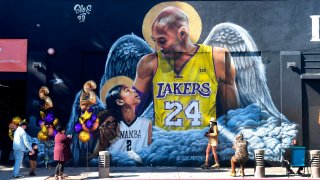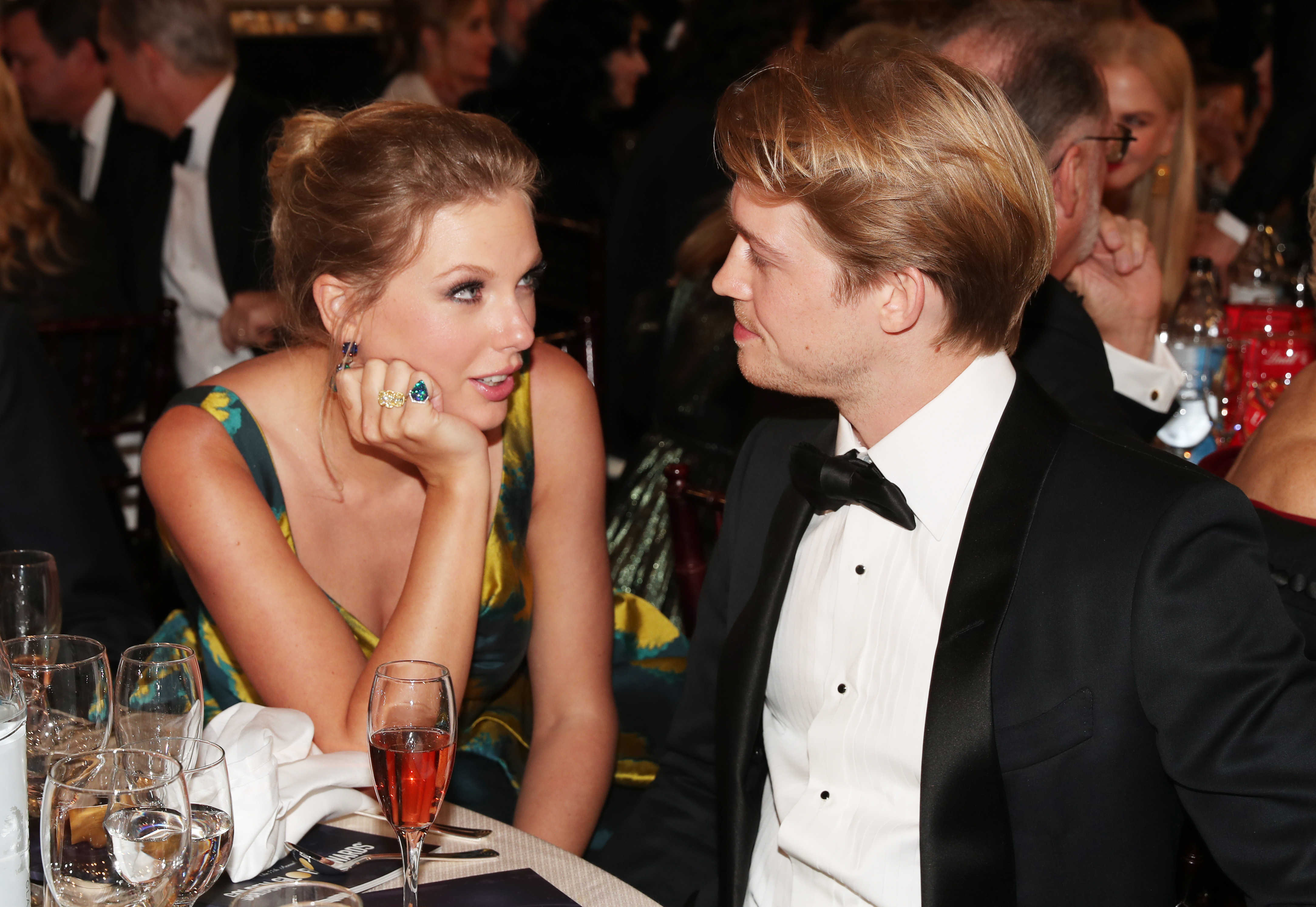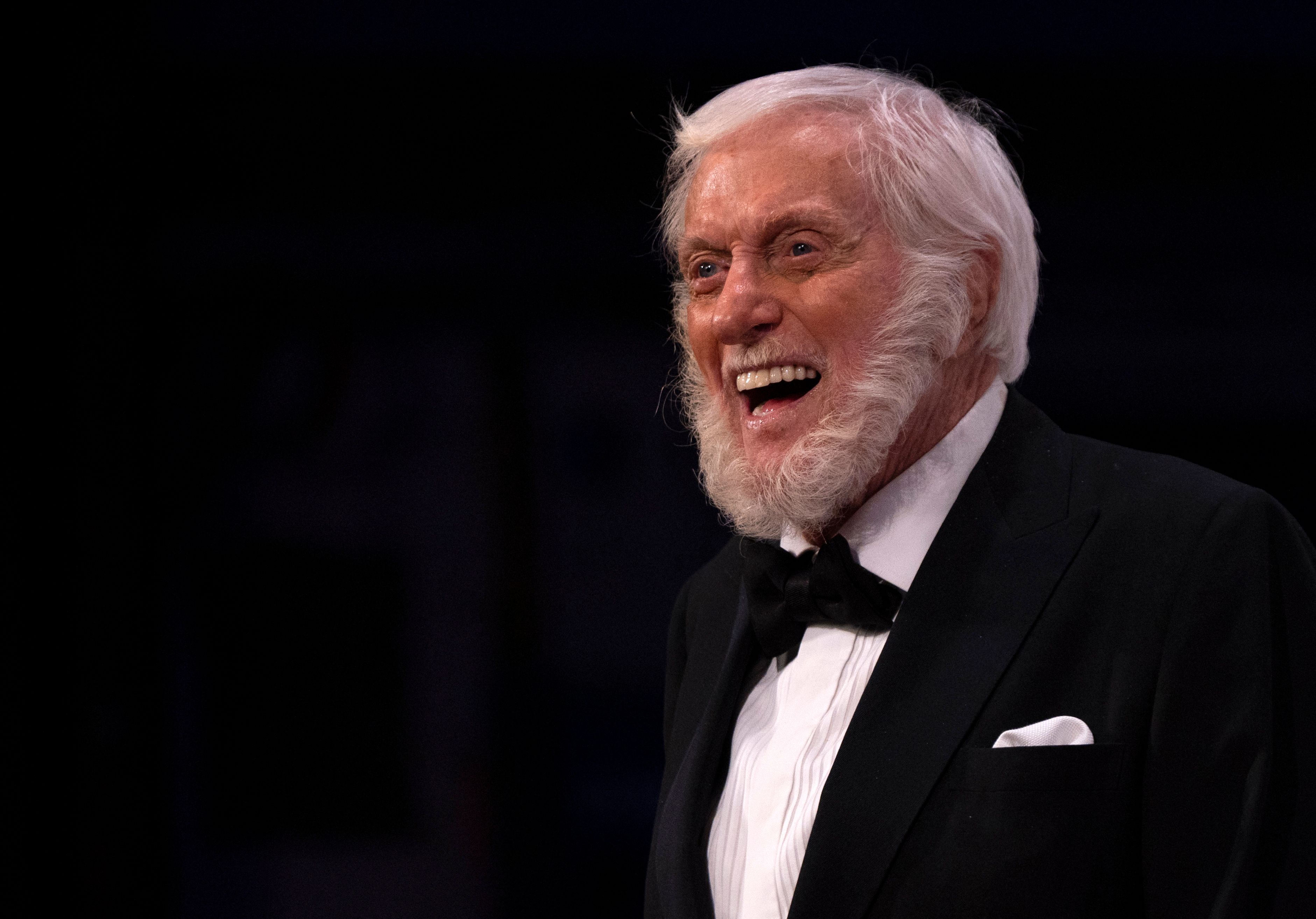
When basketball legend Kobe Bryant was suddenly killed on this day in 2020, along with his 13-year-old daughter and seven others, in a tragic helicopter crash outside Los Angeles, a cloud of grief settled over many of us in a way only a death like his could.
The loss of a celebrity can do that — make us experience an overwhelming sadness for a person who we’ve never even met, but marveled at from afar. But with Bryant, it hit especially hard.
Icons like Bryant seem 'invincible.'
Even people who are not huge sports fans may be grappling with the utter shock that a person so extraordinary is no longer living among us. Those feelings can be tied to the way we perceive somebody like Bryant as “superhuman.”
We're making it easier for you to find stories that matter with our new newsletter — The 4Front. Sign up here and get news that is important for you to your inbox.
“There are celebrities and then there are icons,” Gayle Stever, a psychology professor at SUNY Empire State College who penned the book “The Psychology of Celebrity,” told TODAY. “Icons have a special significance — it’s symbolic of something that’s larger than life. To be hit with the reality that they are fragile and mortal is a blow to our cultural myths about celebrity. In our imagination, they’re invincible.”
Stever referenced the deaths of other cultural icons that sent shockwaves throughout the globe: Princess Diana, Michael Jackson and Robin Williams.
“In each of those cases, we’re looking at a person who’s bigger than just a person,” she said.
Entertainment News
We create imagined relationships with celebrities.
For those who are loyal Bryant fans and followed his career closely, the grief could stem from what’s known in psychology as a parasocial relationship, or a fake, one-sided connection with a person or persona that you don’t really know. It’s the same phenomenon that happens when we’re attached to a fictional person. (Have you ever felt distraught over the death of a TV show or book character?)
“Even though we cognitively know this is not really a relationship, it still feels like we’re close to that person,” Jaye L. Derrick, a professor of social psychology at the University of Houston, told TODAY.
Stever added that social media can be significant in developing these parasocial relationships. Think of all the times people interact with a celebrity’s posts, some of which pull back the curtain on their personal lives. But the celebrity is usually not reciprocating by viewing fans’ posts.
“I would argue that we know more about celebrities than our neighbors and the people we work with,” Stever said. “If my next door neighbor died, I would feel bad. But I might not feel the same level of connection if I didn’t know that person as well as I knew my favorite celebrity.”
Bryant was a basketball hero. He was also a dad.
The former Laker will certainly be remembered as one of the greatest basketball players of all time. But in the wake of his death, his devotion to his children came to the forefront, too. He leaves behind a twofold legacy: He was a “superhuman” whose athletic talents made him seem larger than life and he was also a regular dad who just wanted to cheer on his kids on the sidelines like the rest of us.
"(People) think they’re somehow like this person or they simply admire this person or this person could simply be an aspirational figure," Stever said. "I think Kobe Bryant could be a lot of those things."
Getting that peek into his life as a father “humanizes him,” Derrick said. “There’s a reason people are drawn to ‘celebrities are just like us’ pictures in magazines.”
Stever echoed that sentiment, saying we’re attracted to people who we find relatable.
“Then when we lose somebody like that, the loss is felt doubly,” she said. “Because not only was he an iconic super-athlete, he was also a relatable family person.”
We're mourning the loss of a celebrity's contributions, too.
Ultimately, the death of a celebrity who created a legacy out of being great at their craft is hard. Think of Heath Ledger, Robin Williams and Anthony Bourdain. We loved watching them do what they do best. With a person like Bryant, who also made an impact on the world in other ways — as a father, as a humanitarian, as a good Samaritan — it’s even harder.
“There’s a level on which the work they did — that’s a whole other level of loss,” Stever said. “What could Kobe Bryant have gone on to do post-active basketball career in terms of philanthropy, in terms of being a commentator? What did we lose now that he’s gone?”
This story first appeared on TODAY.com. More from TODAY:



